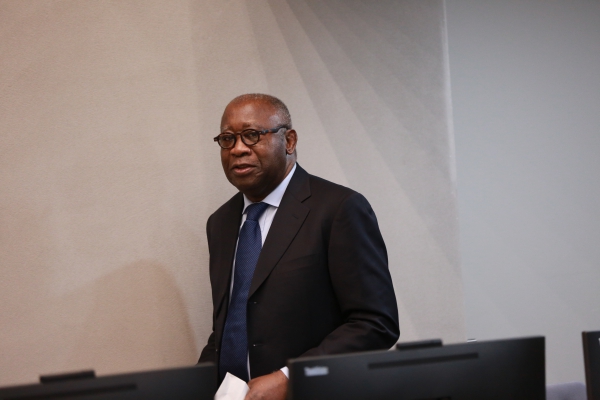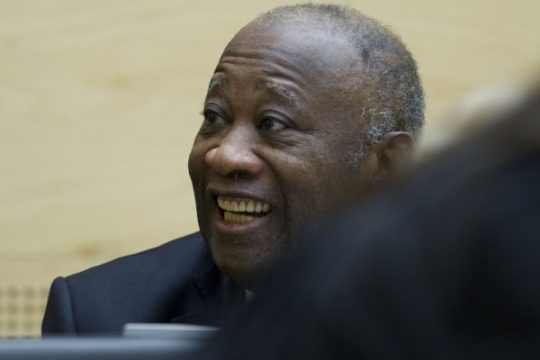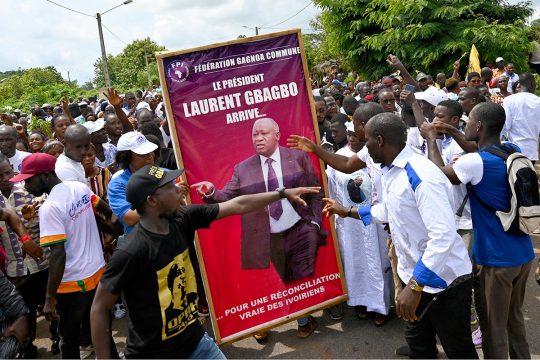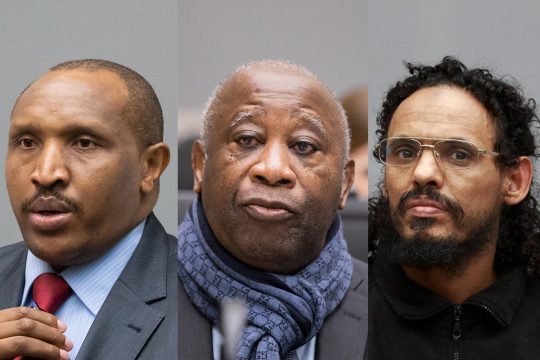The past week was marked by the start of trial of former Ivorian president Laurent Gbagbo and his former Youth Minister Charles Blé Goudé before the International Criminal Court. This represents the most important trial so far for the ICC, which faces strong criticism in Africa.
The two men are charged with crimes against humanity linked to murder, rape and persecution of civilians. Ivorian armed forces, backed by militia and mercenaries are accused of targeting supporters of Alassane Ouattara, who was declared winner of December 2010 presidential elections in results rejected by Gbagbo.
The prosecution explained that this trial was not “against the people of Côte d’Ivoire”, but against two men “who did everything to keep power”. The Defence will now take the stand in this test case for international and transitional justice. The ICC rejects allegations that this is a political trial. It aims to focus on the historical context of the elections in Côte d’Ivoire and several specific episodes of violence documented on videos shown at the start of the hearing.
On another continent, ICC judges have authorized the Prosecutor to investigate the lightning August 2008 war between Russia and Georgia, the Court announced. The ICC is thus opening its first investigation into crimes allegedly committed by Russian forces, and its first investigation into a non-African conflict. These are symbolic firsts for the ICC, even if the opening of an investigation does not guarantee that there will one day be a trial. The conflict left hundreds of people dead and more than 120,000 displaced, according to the UN.
Transitional justice mechanisms should not only help heal the wounds of a troubled past but also help prevent crimes against humanity and war crimes. Yet the international community is still failing to take strong action on Burundi which is “on the brink”, according to a euphemism of UN Secretary General Ban Ki Moon. Ban was addressing the Peace and Security Council of the African Union (AU) on Saturday. So far, both the AU and the UN have shown only their lack of means and political will to rein in the regime of President Pierre Nkurunziza, who was re-elected last year for a controversial third term. At least 400 people have died in the wave of violence in Burundi, and the figure could be much higher. Some 220,000 Burundians have also sought refuge in neighbouring countries, while others are displaced within Burundi.
A confidential UN experts’ report leaked to the media this week recommended an arms embargo on South Sudan, another intractable conflict country. The report also recommends sanctions against President Salva Kiir and rebel leader Riek Machar (former Vice-President of South Sudan), accusing them of responsibility for atrocities against civilians during two years of civil war. It is unlikely, however, that its recommendations will be adopted by the Security Council.







